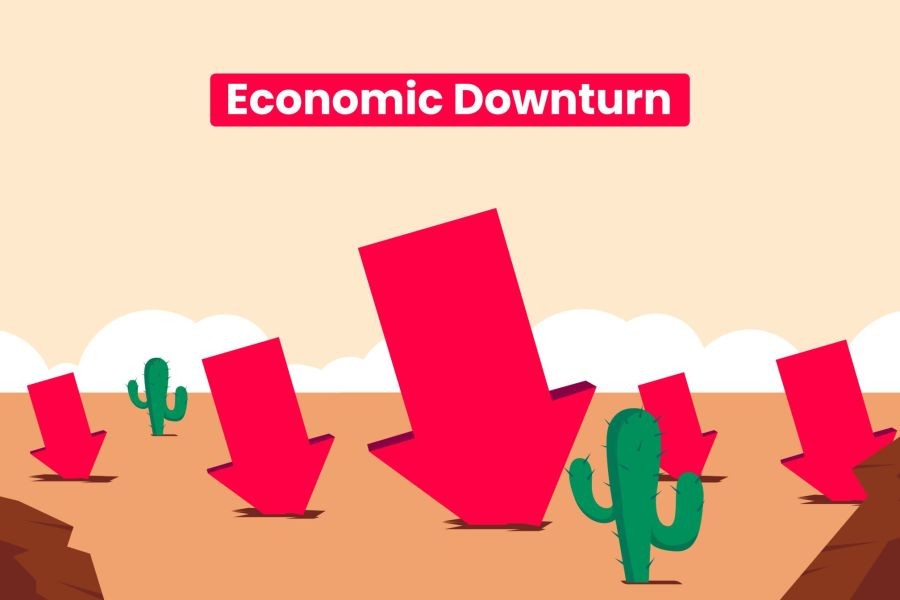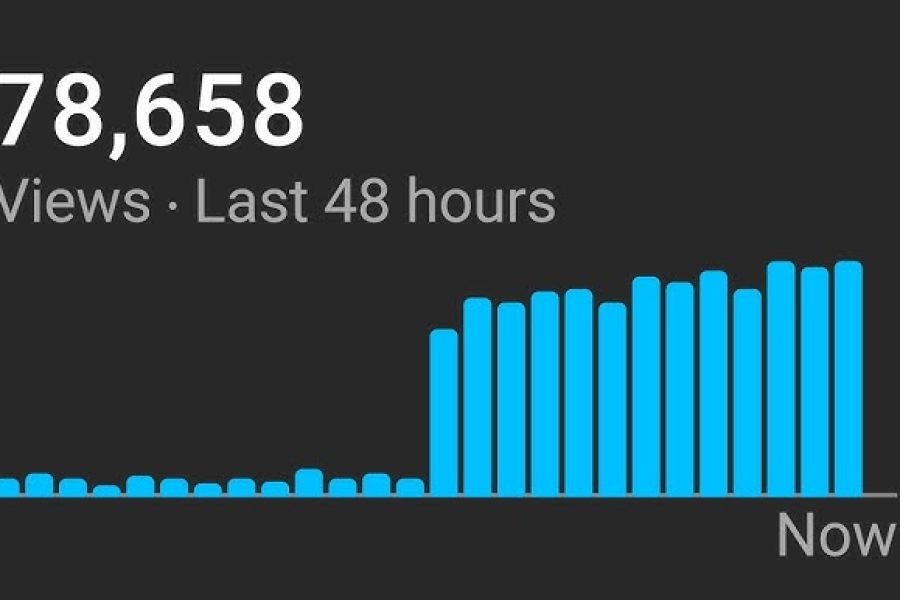In an era where real estate transactions are often equated with opulence and prestige, the allure of owning a luxury home in Australia is undeniable. However, the journey to acquiring such a property without falling prey to exorbitant pricing requires not just financial acumen but also a keen understanding of the local market dynamics, regulatory frameworks, and economic indicators. This article delves deep into the Australian luxury real estate market, offering insights backed by data and expert opinions to guide potential buyers in making informed decisions.
Understanding Australia's Luxury Real Estate Market
The Australian luxury real estate market is characterized by its resilience and continuous growth, even amid global economic fluctuations. According to CoreLogic's 2023 Property Market Report, cities like Sydney and Melbourne have seen luxury property prices increase by an average of 7.5% annually over the past five years. This trend is fueled by high demand from both domestic and international buyers, coupled with limited supply in prime locations.
Additionally, the Reserve Bank of Australia (RBA) highlights that the country's stable economy, coupled with low-interest rates, has further stimulated demand in the luxury segment. However, buyers must remain vigilant, as overpaying is a common pitfall in such a competitive market.
Key Factors Influencing Luxury Home Prices
Location and Amenities
The mantra of "location, location, location" holds especially true in the luxury market. Properties in desirable areas such as Sydney’s Eastern Suburbs or Melbourne’s Toorak are sought after for their proximity to business hubs, cultural attractions, and exclusive amenities. However, the inclusion of high-end features such as home automation systems, private pools, and expansive outdoor spaces can significantly inflate prices.
Economic Indicators
Australia's economic health plays a crucial role in real estate pricing. Factors such as GDP growth, employment rates, and inflation directly impact buyer confidence and purchasing power. According to the Australian Bureau of Statistics (ABS), the nation's GDP growth rate was 2.8% in 2023, which positively influenced market stability.
Strategies to Avoid Overpaying
Conduct Comprehensive Market Research
Potential buyers should leverage tools such as the Real Estate Institute of Australia (REIA) reports and local property market analyses to understand current trends and pricing benchmarks. This data-driven approach helps in identifying overvalued properties.
Engage with Local Real Estate Experts
Engaging a reputable real estate agent with a deep understanding of the luxury market can provide invaluable insights. These professionals assist in negotiating deals and ensuring buyers do not fall victim to inflated pricing.
Consider Off-Market Opportunities
Off-market properties often offer better value as they are not subject to the competitive pressure of public listings. Buyers can access these opportunities through real estate agents who have established networks.
Case Study: A Smart Investment Decision
Case Study: The Sydney Harbourfront Success Story
Problem: A high-net-worth individual sought to purchase a luxury home in Sydney's harbourfront but was concerned about overpaying due to the area's premium reputation.
Action: The buyer engaged a local real estate agent known for their expertise in luxury properties. The agent identified an off-market property with a motivated seller, allowing the buyer to negotiate a price 15% below the market average.
Result: The investment resulted in a significant appreciation in value, with the property increasing by 20% over two years, outperforming other market listings.
Takeaway: This case underscores the importance of leveraging local expertise and exploring off-market opportunities to secure value-driven investments.
Regulatory Considerations
Understanding regulatory frameworks is crucial in the Australian luxury real estate market. The Australian Competition & Consumer Commission (ACCC) and the Australian Taxation Office (ATO) provide guidelines to ensure transparent transactions and fair pricing. Buyers should be aware of the Foreign Investment Review Board (FIRB) regulations if they are international purchasers, as these rules can affect eligibility and associated costs.
Future Trends and Predictions
Looking ahead, the Australian luxury real estate market is expected to continue its upward trajectory. According to a report by Deloitte, technological advancements such as virtual reality tours and blockchain-based property transactions are set to revolutionize the buying process, offering greater transparency and efficiency. Moreover, the increasing focus on sustainability and eco-friendly homes is anticipated to drive demand for properties that prioritize green living.
Conclusion: Navigating the Luxury Real Estate Landscape
Buying a luxury home in Australia without overpaying is a complex yet achievable endeavor. By understanding market dynamics, engaging with experts, and leveraging strategic opportunities, buyers can make informed decisions that align with their financial goals. As the market evolves, staying abreast of trends and regulatory changes will be essential for those looking to invest in this lucrative sector.
Final Takeaways
- Conduct thorough market research using data from reputable sources like CoreLogic and REIA.
- Engage experienced real estate agents to navigate market complexities.
- Explore off-market opportunities for potential cost savings.
- Stay informed about regulatory changes that may impact property transactions.
- Consider sustainability features as a value-add in future luxury home investments.
People Also Ask
- How does the Australian economy affect luxury home prices? Australia's stable economy and low-interest rates increase buyer confidence, driving luxury home demand and prices.
- What are common misconceptions about buying luxury homes in Australia? Many believe that public listings offer the best deals, but off-market properties often provide better value.
- How can technology influence the future of luxury real estate? Technological advancements like virtual reality and blockchain are set to enhance transparency and efficiency in real estate transactions.
Related Search Queries
- Luxury real estate trends in Australia 2024
- How to buy property in Australia as a foreigner
- Best locations for luxury homes in Sydney
- Market analysis for Australian luxury real estate
- Impact of economic factors on Australian real estate
- Regulatory considerations for luxury home buyers
- Future of luxury real estate in Australia
- Strategies for negotiating luxury home prices
- Technological innovations in real estate market
- Sustainable features in luxury homes

































Larry72U14
1 month ago